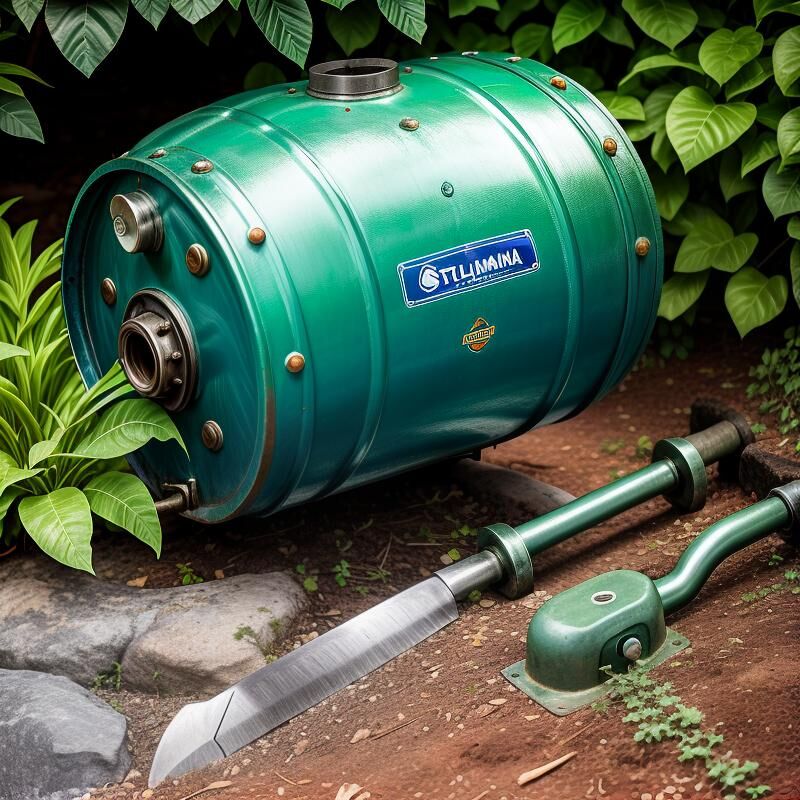Efficient Septic Solutions
Expert Septic Tank Cleaning Services
Discover reliable and professional septic tank cleaning services tailored to meet your needs. Our team ensures your system runs smoothly, preventing costly repairs and maintaining a healthy environment.
Your Septic Tank Questions Answered
Get answers to common questions about maintaining and servicing your septic tank.
How often should I clean my septic tank?
It is recommended to clean your septic tank every 3 to 5 years, depending on the size of your household and tank usage. Regular maintenance can prevent overflow and system failure.
What are the signs of septic tank problems?
Common signs include slow drains, unpleasant odors, and pooling water in your yard. If you notice any of these, it’s time to call a professional for an inspection.
How can I prevent septic tank issues?
Regular inspections, avoiding flushing non-biodegradable items, and conserving water can help maintain your septic system’s health and longevity.
What should I do if my septic tank overflows?
Contact a professional immediately to assess and address the issue. Avoid using the plumbing system until the problem is resolved to prevent further damage.
Can I use additives to improve my septic system?
While some additives claim to enhance septic performance, they are generally unnecessary. Regular cleaning and maintenance are the best ways to ensure system efficiency.
What maintenance tips should I follow?
Schedule regular inspections, pump the tank as needed, and be mindful of what you flush. These practices can help avoid costly repairs and extend the life of your system.

Essential Septic Tank Maintenance Tips
Maintaining your septic tank is crucial for preventing issues and ensuring its longevity. Start by scheduling regular inspections and pumping services. Avoid flushing non-biodegradable items, such as wipes and sanitary products, which can clog the system. Conserve water to reduce the load on your septic system. Additionally, consider planting grass or shallow-rooted plants over the drain field to prevent root intrusion. By following these tips, you can keep your septic system running efficiently and avoid costly repairs.
Identifying Septic Tank Issues
Recognizing the signs of septic tank problems early can prevent costly repairs. Common indicators include slow drains, unpleasant odors around your property, and unusually lush patches of grass. If you notice gurgling sounds in your plumbing or standing water near the drain field, these could also signal issues with your septic system.
Another sign to watch for is sewage backup in toilets or sinks, which often indicates a blockage or overflow. Consistent wet spots in your yard, especially near the septic tank, may suggest leakage. Addressing these signs promptly can help maintain the efficiency of your septic system.
Septic Tank Cleaning Frequency
Regular septic tank cleaning is crucial for maintaining system health. Typically, septic tanks should be cleaned every 3 to 5 years. However, the frequency can vary based on household size, water usage, and the volume of solids in the tank. Larger families or homes with high water usage may require more frequent cleanings.
Factors Affecting Cleaning Schedule
Several factors influence how often your septic tank needs cleaning. These include the size of your tank, the number of people in your household, and the types of waste being processed. Regular inspections can help determine the optimal cleaning schedule for your system.
Benefits of Regular Maintenance
Consistent maintenance not only extends the life of your septic system but also prevents costly repairs and environmental hazards. By adhering to a regular cleaning schedule, you can ensure efficient waste processing and avoid unexpected system failures.
Get in Touch with Us
Address
Visit us at 5678 Septic Lane, Suite 200, Cape Town, 8001. Our team is ready to assist you with all your septic tank cleaning needs.
